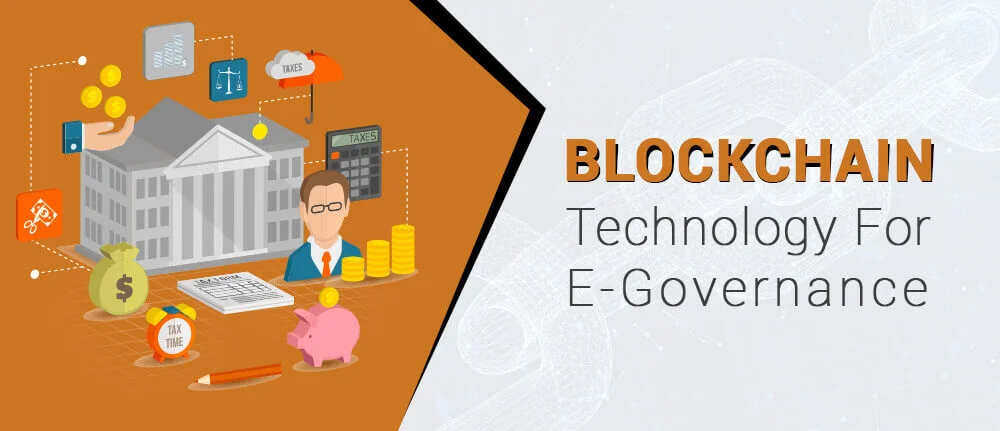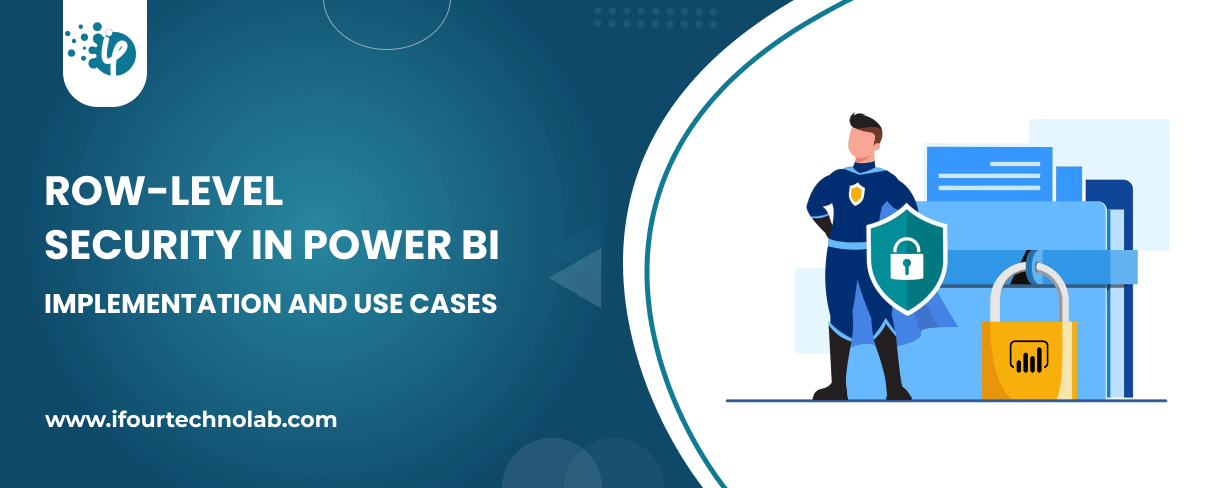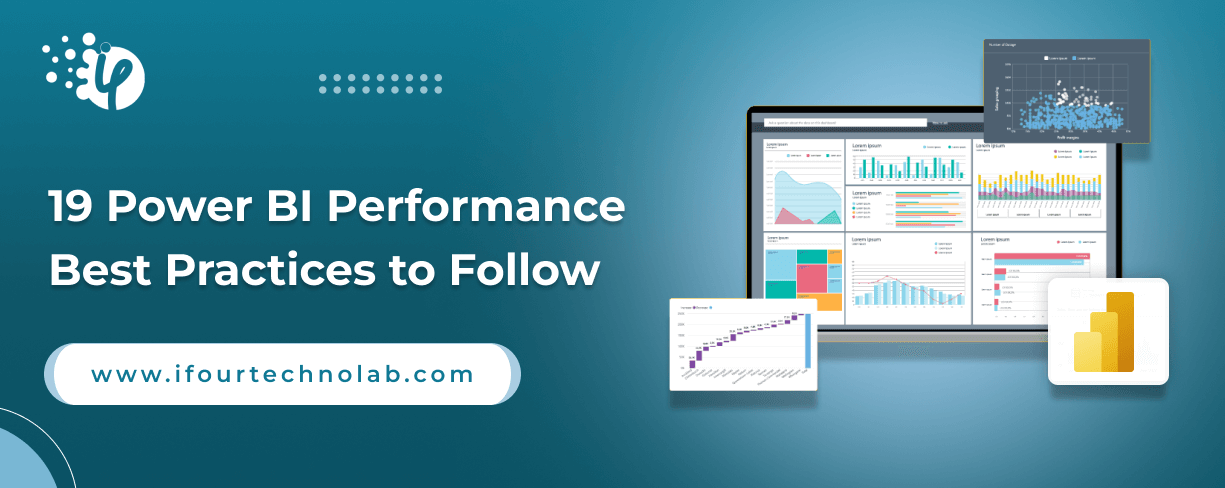Row-Level Security in Power BI: Implementation & Use Cases
The very first reason why you should implement Row Level Security is to foster trust, a crucial element for any business's success. Next, it reduces data clutter and helps you load...
iFour Team - March 14, 2019
Listening is fun too.
Straighten your back and cherish with coffee - PLAY !

Blockchain has gained a spectacular success in a short time. Since its launch, it has been on the headlines and expecting it to be one of those trending technologies that would make a marvelous impact on the fast-paced digital world. Blockchain has been a game-changing technology that is underpinned with cryptocurrencies like Ethereum and Bitcoin that eventually closed the doors for hacking activities. Not just with blockchain software development companies, it is also very helpful in E-Governance sectors.
This article elaborates on how Blockchain is used in Government sectors. A few decades ago, Governments started using the internet to improve their operations, they may soon start using Blockchain, as it has several benefits. Lately, Governments have been interested in this technology. Government trying to use Blockchain technology in traditional systems because the advantages of using blockchain into current systems are immense, especially in some specific public-sector areas. Apart from Blockchain's benefits, let’s focus on Blockchain in E-Governance as suggested by Blockchain consulting companies.
In India, Finance Minister Arun Jaitley has recently said that the country would “explore the use of blockchain technology proactively,” as reported by CNN.
Nowadays every land and property related task is paper-based so it is very time-consuming, inefficient, and costly. Tampering of data is also possible with the current system. Blockchain would provide a distributed database where all these land registration records can be saved permanently. To fetch some real estate data or change ownership of a piece of land, it doesn’t require any intermediary. Because Blockchain is immutable, it is capable of stopping property fraud. Besides, any government action or financial transaction is a completely transparent and unchangeable ledger of data, no one will be capable to hide their illegal deeds if there are any.
Voting is one of the most researched areas of Blockchain development as the Blockchain provides a reliable and transparent way to record transactions. The voting system implemented using Blockchain technology is very robust and trustworthy and no need to blindly trust the mostly hidden centralized voting process. In the Traditional Voting System, the final result is declared after 24 hours or more than that while in the Blockchain-based voting system real-time transparent results will be available. Like the current traditional system, you have a voter ID card, you can have a unique digital identity that allows you to send a single transaction in a voting-specific Blockchain network. Basically, giving your vote means that you create one transaction directed to one of the parties in the elections. The winning party will have the most transactions received.
Current tax systems were designed primarily for the trade of physical goods, now everything is changed and made digital so problems are arising and Government’s tax authorities are struggling. How can Blockchain help in the area of taxes? It is definitely not the one-that fits-all the solutions to make the perfect tax system, but it can reduce the administrative complications and collect taxes more efficiently. Since Blockchain is an open ledger, all the transactions in a Blockchain are clearly visible and it can be noted whether VAT has been paid or not, reducing VAT fraud to zero.
Health systems are typically fragmented means there are several hospitals, community clinics, specialists, diagnostic clinics, etc. We may create a private Blockchain network and add all the hospitals in this network. To build a private Blockchain network, integrate and execute smart contracts, linking healthcare providers together, and allowing them to share their data. Medical providers execute a program to access the patient data from the database, as instructed by the smart contracts, which are initiated by the patient.
The current banking system is centralized and relies on a third party. The Transfer of money is slow and expensive. Blockchain Software outsourcing companies have witnessed that cyber breaches are rising at a higher rate than technology advancements. Blockchain is the best solution for the banking system. Blockchain technology provides a secure way of transaction, without the need for trusted third parties and reduce fraud in the financial world. It provides a fast and secure payment service. It also reduces operational costs and gives real-time information. A Smart contract triggers financial transactions once a certain set of criteria has been achieved.
Build Your Agile Team

The very first reason why you should implement Row Level Security is to foster trust, a crucial element for any business's success. Next, it reduces data clutter and helps you load...

The performance of Power BI is significantly influenced by two essential factors: design consistency and the rapid loading of BI elements. This holds true whether you choose Tableau...

Power Automation is no longer an option but a necessity for every firm, be it legal, fintech, aviation, or healthcare. In times of hectic schedules, just imagine there you have an...